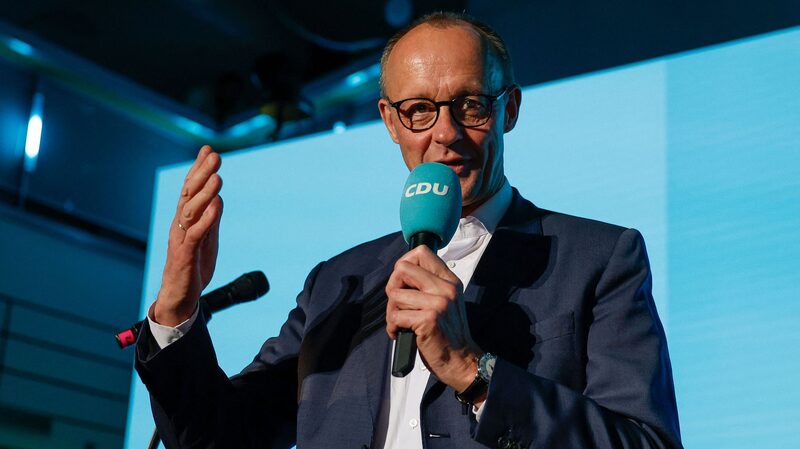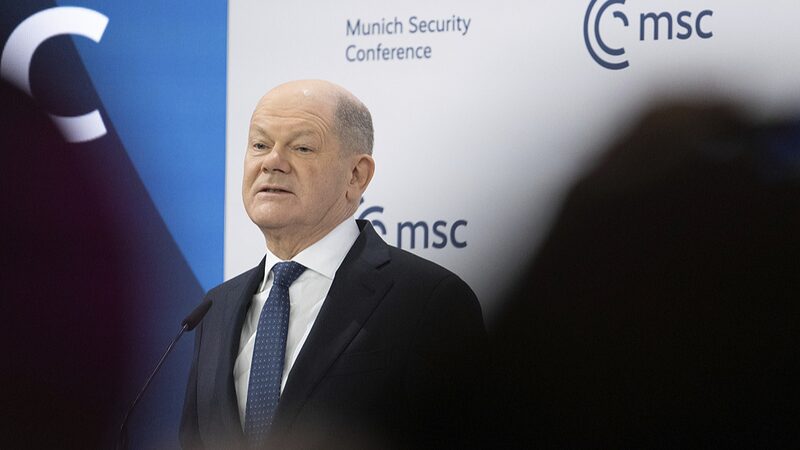As Germany prepares for a new chapter in its political landscape, Friedrich Merz stands on the brink of becoming the next chancellor after leading his conservative alliance to victory in the recent Bundestag elections.
The 69-year-old Merz now faces the challenge of negotiating a coalition, with ambitions to establish a new government by mid-April. His alliance secured approximately 28.5 percent of the vote, positioning them ahead of the far-right Alternative for Germany (AfD), which garnered around 20.5 percent.
Despite the clear victory in a high-turnout election, Merz's alliance experienced their second-lowest performance in eight decades, making coalition formation a complex task. The AfD made significant gains, increasing their vote share by about 10 points from the previous election, while the left-wing Linke also saw an over 8 percent rise, largely supported by younger voters.
Mainstream parties maintain a strong opposition to coalitions with the AfD, and Linke is deemed an incompatible partner for the CDU/CSU alliance. The outgoing Chancellor Olaf Scholz's Social Democrats (SPD), despite falling to around 16.5 percent, emerge as the most viable albeit challenging grand coalition partners for Merz.
A CDU/CSU-SPD coalition could form a small majority, potentially sidestepping the complications of a three-party government. Both parties share compatible stances on external issues like the Ukraine crisis, defense, and Europe's future, though significant compromises would be necessary on economic and migration policies.
Merz advocates for a stringent approach to immigration, including permanent border controls and restrictions on asylum seekers. In contrast, the SPD contends that such measures are legally unfeasible and seeks more nuanced solutions. Economically, the SPD calls for relaxed debt regulations, a stance that Merz has moderated during the campaign despite his party's traditional opposition.
The Greens are another possible coalition partner, but stark differences on immigration make a stable alliance unlikely. The Free Democrats and the Sahra Wagenknecht Alliance both failed to secure the required 5 percent of the vote to enter the Bundestag, narrowing the field further.
With the Bundestag consisting of 630 seats, a grand coalition between the CDU/CSU and SPD appears the most probable outcome. Negotiators will need to bridge policy gaps and overcome campaign-era tensions to finalize a workable agreement.
Olaf Scholz will remain as caretaker chancellor until a new government is formed. Amid growing European concerns over U.S. policies, Merz is likely eager to secure leadership swiftly to prevent a leadership vacuum.
Reference(s):
cgtn.com






